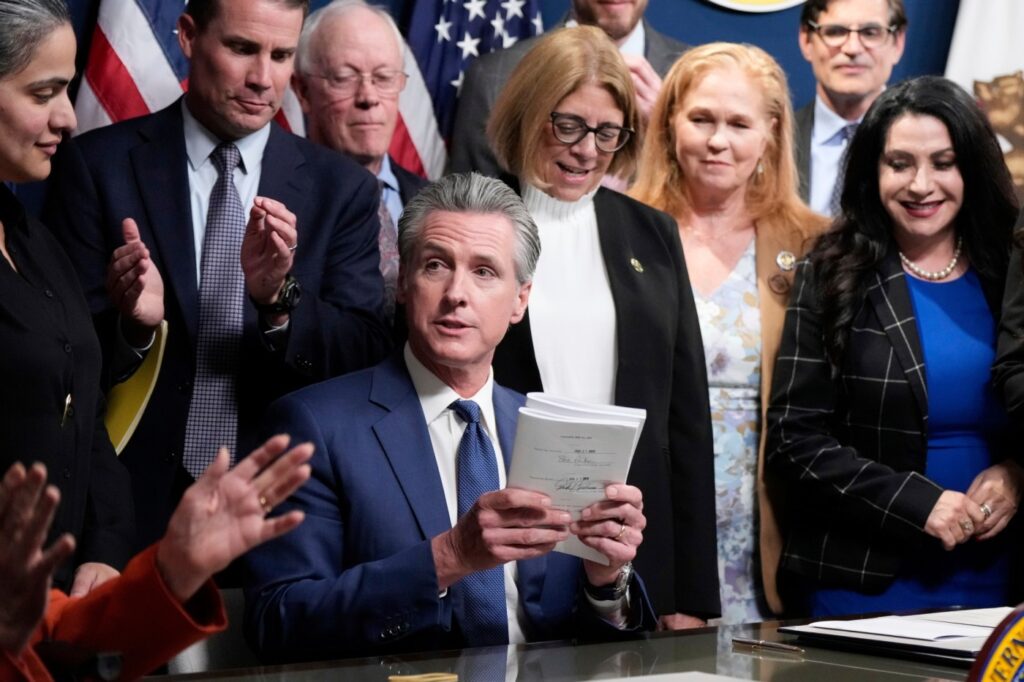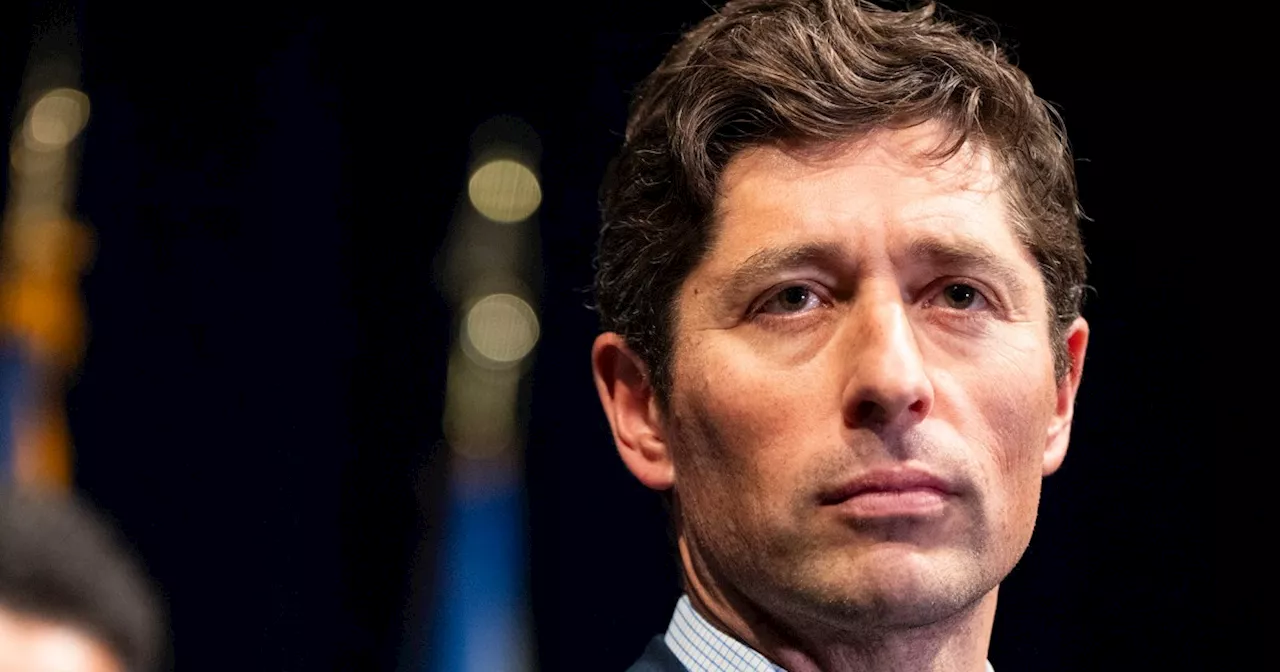
California Governor Gavin Newsom is facing significant backlash over his controversial redistricting proposal, which seeks to alter the state’s independent redistricting commission. Observers note that this move could risk his political reputation as he gears up for a potential presidential campaign. The proposal has sparked accusations of hypocrisy and dishonesty among political leaders, further complicating the state’s political landscape.
Polling data reveals that 57% of voters support Newsom’s proposal, according to a recent survey. However, a Politico poll indicates that a mere 36% of registered voters favor transferring redistricting authority back to state lawmakers, suggesting considerable public resistance to the governor’s plan. This discrepancy raises questions about the effectiveness of his strategy.
The financial backing for opposition to Newsom’s proposal is expected to be formidable. Former Republican House Speaker Kevin McCarthy has committed to raising $100 million to counter the initiative at the ballot box. Other significant contributors may include Charles Munger, Jr., who previously donated $12 million to support independent redistricting efforts. Additionally, former California Governor Arnold Schwarzenegger has publicly opposed any attempts to exacerbate gerrymandering in the state.
Accusations of hypocrisy have emerged, particularly aimed at Assembly Speaker Robert Rivas. His criticism of a Republican lawsuit against the redistricting plan, branded as “anti-American and anti-democratic,” has drawn attention. Critics point out that Rivas and Newsom previously sought to remove a legitimate initiative from the ballot, undermining the democratic process. This led to a Wall Street Journal editorial condemning their actions, stating, “Democracy Dies in California.”
Additionally, allegations of dishonesty surround the administration’s handling of the proposed district maps. Initially, Newsom promised that the new district maps would be included in the voter guide, which is mailed to every registered voter. However, updates indicate that the maps will now only be available online, diminishing transparency.
State Senator Christopher Cabaldon attempted to justify the new maps by claiming they would cross fewer city and county borders, but this assertion has been met with skepticism. The San Francisco Chronicle reported that, by various measures of gerrymandering, the new maps appear less fair than the current ones.
Despite the contentious atmosphere surrounding the redistricting initiative, there may be a silver lining for taxpayers. According to Politico, Newsom’s controversial gerrymandering move has effectively reduced the likelihood of lawmakers advancing a progressive tax increase before the legislative session concludes next month. For taxpayers, this could be seen as a positive outcome amidst the political turmoil.
As the situation unfolds, the impact of Newsom’s redistricting proposal remains to be seen, but it has undeniably reignited debates over electoral integrity and political strategy in California.







